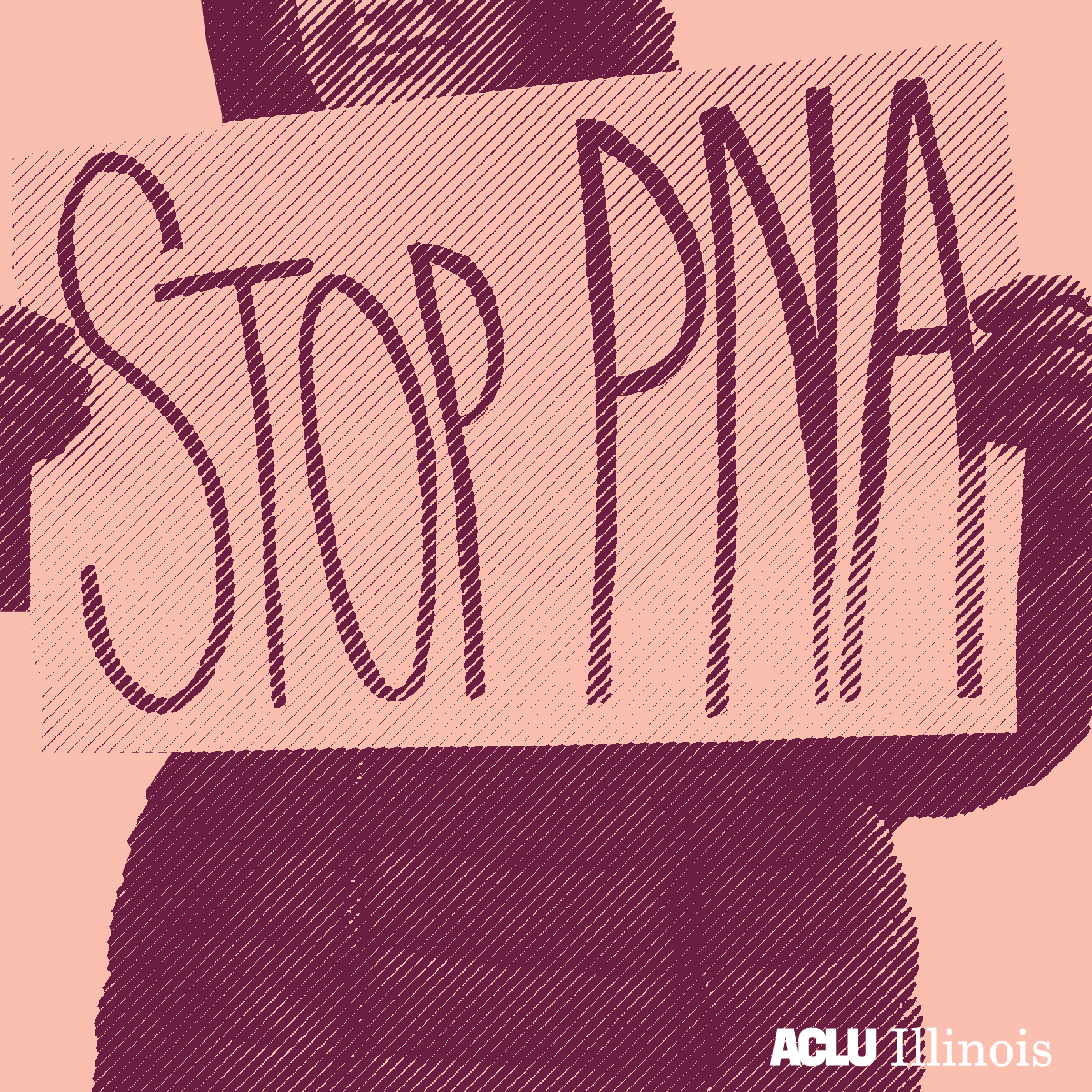Today we mark 48 years since the Supreme Court’s landmark ruling in Roe v. Wade, which affirmed an individual’s right to determine their own future by deciding whether and when to become a parent. Two years ago, Governor J.B. Pritzker pledged to make Illinois a national leader in protecting the right to access reproductive health care. Yet still there are youth in Illinois who are forced to appear in front of a judge and seek approval to control their own reproductive health care.
Over the past seven years more than 500 young people have had to go to court across the state due to a dangerous law, the Parental Notice of Abortion Act (PNA), that forces the involvement of a parent, grandparent, step-parent they live with, or other legal guardian in their decision to have an abortion.
The majority of young people under 18 voluntarily consult with a parent or other trusted adult when seeking abortion care. However, some young people must go through out a court process known as “judicial bypass” instead, because they are not able to trust one of the specific individuals designated by the law with this decision. They may fear physical or emotional abuse, being kicked out of their home, being forced to continue an unwanted pregnancy, or other harms.
The ACLU of Illinois operates a Judicial Bypass Coordination Project to provide legal assistance to the youth who must endure this court process. We have seen firsthand how this process can delay young people’s access to time-sensitive healthcare – going to court for a judicial bypass takes over six days on average, and sometimes much more – and present significant logistical and emotional burdens.
Instead of blocking young people’s access to reproductive health care, Illinois should be investing in solutions like ensuring medically accurate, comprehensive sexual health education in schools; increasing access to affordable birth control; and helping to foster healthy, shame-free communications between young people and their families, teachers, and doctors.
Young people are in the best position to know who will keep them safe, healthy and affirmed. As we mark the anniversary of Roe this year, it is time for Illinois to repeal PNA, and ensure that all young people in Illinois have access to safe and timely reproductive health care.
Date
Friday, January 22, 2021 - 9:00amFeatured image
